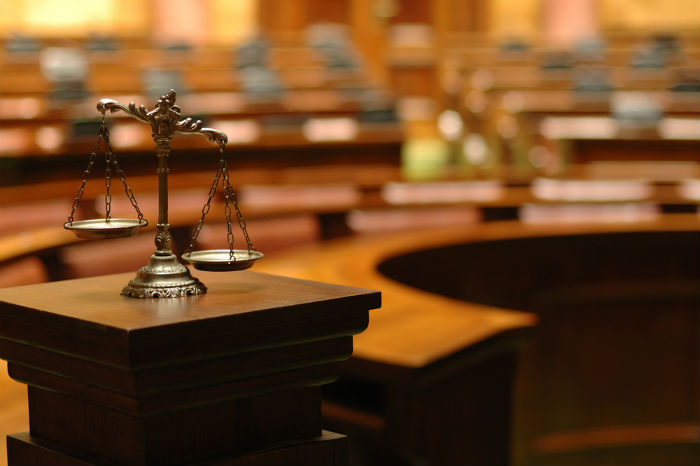In the recent case of Various Airfinance Leasing Companies v Saudi Arabian Airlines Corporation [2021] EWHC 2904 (Comm) the claimant and third party applied for an order that the defendant use its “best endeavours” to secure documents held on the personal mobile telephones of two of its former employees.
In a judgment of interest to those involved in disclosure exercises, the order was dismissed by the High Court deputy judge, Peter MacDonald Eggers QC, on the basis that:
- As a matter of Saudi law, the documents held on the mobile telephones were not within the defendant’s control
- The court does not have jurisdiction to order a party to use its “best endeavours” to obtain documents that are not within its control
Background
The dispute relates to certain Lease Agreements in respect of 50 Airbus aircraft and an application was made by the claimants and the third party (the current and former lessors of the aircraft respectively) against the defendant (the lessee of the aircraft) seeking disclosure of data held on the personal mobile telephones of two former employees, Mr Al Jasser and Mr Altayeb. The basis for the application was that Mr Al Jasser and Mr Altayeb were key figures in the negotiation, execution and performance of the Lease Agreements. Additionally the defendant’s Disclosure Review Document had identified both individuals as custodians of certain documents and mobile telephones as likely data sources.
Mr Al Jasser’s personal mobile telephone was not generally used for work purposes although it may have been exceptionally. The defendant accepted that the mobile telephone may include relevant email exchanges (which should also be found on its email servers) and instant messaging communications (primarily WhatsApp). Mr Altayeb’s mobile was not thought to hold any documents that could not also be found on the defendant’s email servers.
The question of control
To determine whether to make the order, the court first had to establish whether the documents were within the defendant’s control. The judge noted that a document is considered to be within a party’s control where:
- The party has a legally enforceable right to obtain access to such a document
- There is a standing or continuing practical arrangement between the party and the third party whereby the third party allows the party access to the document
In relation to this second limb of the test, this must be something more than a close legal or commercial relationship such as parent and subsidiary companies or employer and employee relationships; there must be specific and compelling evidence of such an arrangement.
It was held that the defendant did not have control over the documents on the personal mobile telephones. Neither Saudi law nor the relevant employment contracts (which were governed by Saudi law) entitled the defendant to access content on the mobile telephones of former employees.
Although the individuals could be said to owe the defendant fiduciary duties by virtue of their senior roles, this did not permit the court to presume that the defendant therefore has a right to access the documents in question. The judge did note that the position may be different if the employment relationships were governed by English law: in Fairstar Heavy Transport NV v Adkins [2013] EWCA Civ 886 the Court of Appeal held that an employer is entitled to an order that a former employee provide access to emails on his personal computer that related to the company’s business affairs.
Furthermore, although the Disclosure Review Document identified Mr Al Jasser and Mr Altayeb as custodians of various documents and mobile telephones as likely data sources, it also stated that the availability of their documents may be affected by the fact they were no longer employed by the defendant. This qualifying statement meant the Disclosure Review Document could not be considered to sufficiently evidence that the documents fell within the defendant’s control.
Best endeavours
The court has no general power to require a party under CPR Practice Direction 51U to request a third party to produce a document where that document is not within the party’s control. The judge noted that such an order could well be made in circumstances where the requisite “control” is established. The court referred to the judgment in Phones 4U (in administration) v EE Ltd [2021] in which the Court of Appeal ordered the defendant to request that employees and former employees deliver up their personal devices for inspection by IT consultants where those devices held relevant documents within the defendant’s “control”.
Although the court does have an express power under CPR rule 58.14 to require a party to exercise best endeavours to obtain documents from third parties even where those documents are not within that party’s control, that power is very limited and exists only in relation to proceedings relating to marine insurance policies.
As a useful reminder of the court’s power of discretion the judge commented that, even if he were wrong on the court’s jurisdiction, he would not have granted the application in any event. He was not convinced that the costs and complexity of the disclosure exercise would justify the disclosure of the material sought as the material might not be relevant and might, for the most part, be available from other sources.
Summary
The case serves as a useful reminder that the court has no power to order a party to seek disclosure of documents that are not within its control. An alternative route to obtaining such documents would be for a party to make an application for a third party disclosure order against the relevant third party. Although it is worth noting that the question of control turned in this case on Saudi law and the judge acknowledged that the position would likely have been different had the relationships been governed by English law.

 Teja Pisk
Teja Pisk